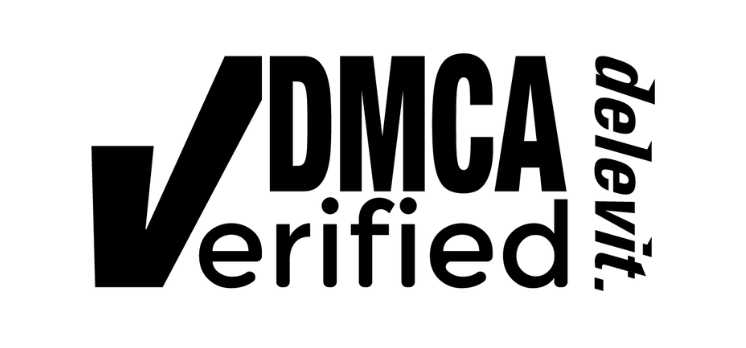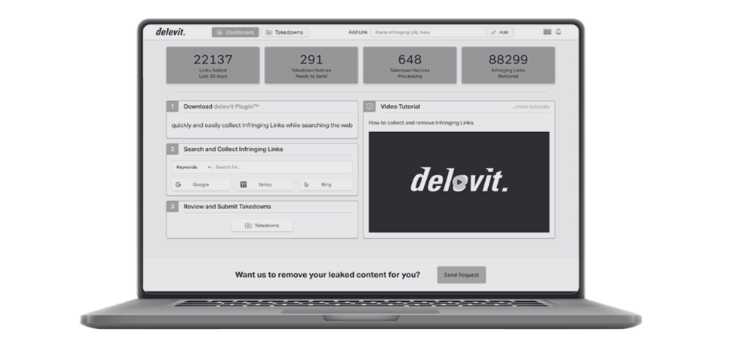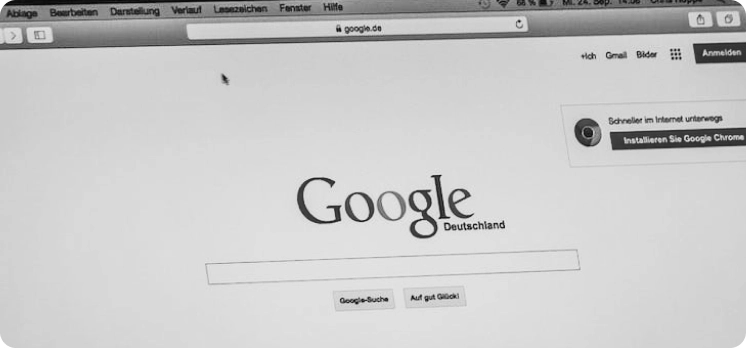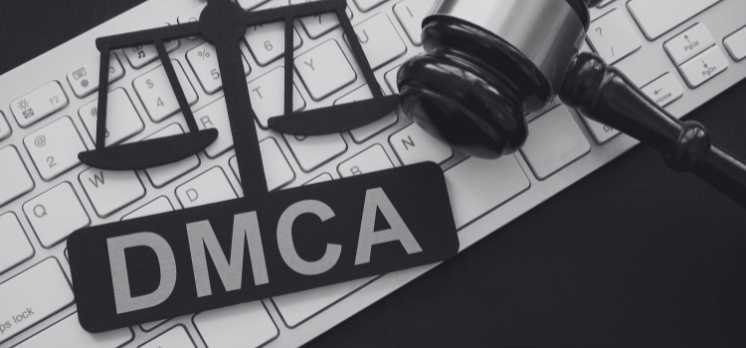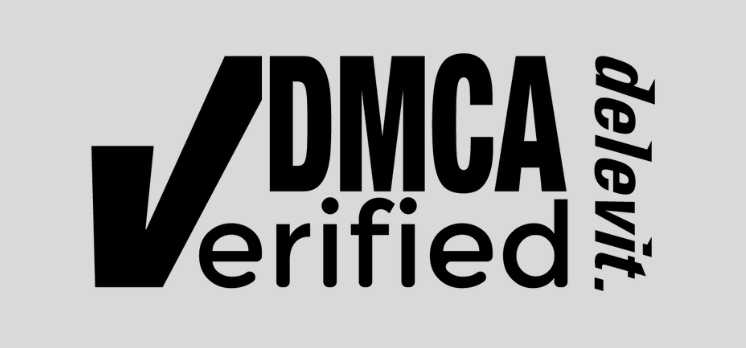What is the DMCA?
The Digital Millennium Copyright Act (DMCA) is a United States copyright law enacted in 1998 that implements two 1996 treaties of the World Intellectual Property Organization (WIPO). It criminalizes the production and dissemination of technology, devices, or services intended to circumvent measures that control access to copyrighted works.
What is a DMCA Takedown Notice?
A DMCA takedown notice is a formal request sent by the copyright holder or their representative to an ISP, hosting service, or another platform requesting the removal of copyrighted content that is being used without permission. When correctly filed, the service provider must promptly remove the infringing content to avoid legal liability.
What is a DMCA Counter-Notice?
A counter-notice is a legal request for the restoration of content that a user believes was wrongfully taken down. It is sent to the service provider, challenging the claims in the initial takedown notice.
How do I send a DMCA Takedown Notice?
To send a DMCA takedown notice, you must identify the infringed material and communicate this, along with evidence and your contact details, to the service provider’s designated DMCA agent in a written notice. Delevit can help streamline this process, guiding you in preparing and sending a compliant DMCA notice.
What is considered copyright infringement?
Copyright infringement under the DMCA involves using copyrighted work without permission in a way that violates the exclusive rights granted to the copyright owner. This can include, but is not limited to, distributing, reproducing, performing, or displaying the copyrighted work publicly.
How do I respond to a DMCA Takedown Notice?
If you receive a DMCA takedown notice, you should review the notice carefully, potentially seek legal counsel, and if you believe the takedown was erroneous, you may file a counter-notice. Always respond promptly and in accordance with the instructions provided in the notice.
What are the penalties for copyright infringement under DMCA?
Penalties for copyright infringement under DMCA can be severe, including substantial monetary fines of up to $150,000 per infringed work and, in extreme cases, imprisonment. The infringing materials will also be removed.
What is the 'safe harbor' provision in the DMCA?
The 'safe harbor' provision protects service providers from liability for the infringing actions of their users, as long as they meet certain criteria, including not having knowledge of the infringement and acting swiftly to remove infringing content upon notification.
What works are protected under the DMCA?
Works protected under the DMCA are original works of authorship fixed in a tangible medium of expression, including literary, musical, and dramatic works, as well as photographs, software, movies, and more. It does not protect ideas, facts, or common knowledge.
What falls under fair use doctrine in the context of DMCA?
Fair use is a legal doctrine that promotes freedom of expression by permitting the unlicensed use of copyright-protected works in certain circumstances. These can include criticism, comment, news reporting, teaching, scholarship, and research, and it considers factors such as the purpose of use and the effect on the market value of the copyrighted work.
Can individuals use DMCA to protect their content?
Yes, individuals can use the DMCA to protect their original content, including photos, videos, and writings, by sending DMCA takedown notices when they find their content being used without permission.
Can I use DMCA protections if I am not in the US?
Yes, while the DMCA is a US law, many platforms and hosting services adhere to its principles globally, allowing international users to file DMCA takedown notices to protect their copyrighted content.
What should be included in a DMCA counter-notice?
A DMCA counter-notice should include contact information, identification of the material removed, a statement under penalty of perjury that the user has a good faith belief that the material was mistakenly taken down, and consent to the jurisdiction of a federal court.
Do DMCA takedown notices require a lawyer?
No, you do not require a lawyer to send a DMCA takedown notice; however, consulting with one can ensure the notice meets all legal requirements. Services like delevit simplify the process, helping you draft and send notices without needing legal expertise.
How does Delevit help in the DMCA process?
Delevit assists creators in streamlining the DMCA process, offering tools to easily identify, report, and send takedown notices for infringed content, helping to protect their digital assets efficiently and effectively.
Do websites need to have a DMCA agent?
Yes, websites must have a designated DMCA agent to handle notices of alleged infringement. They must register their agent with the U.S. Copyright Office and publicly provide contact information for their DMCA agent on their website.
How long do service providers have to respond to a DMCA takedown notice?
The DMCA does not specify an exact timeline, but it expects service providers to act “expeditiously” to remove or disable access to the alleged infringing content to maintain safe harbor protections. This can be interpreted in many ways and that is why the response time varies greatly.
What is a repeat infringer policy under DMCA?
A repeat infringer policy is a requirement under DMCA where service providers must adopt and reasonably implement a policy to terminate the accounts of users who are repeat infringers to maintain their safe harbor protection.
Can I file a DMCA takedown notice for content posted before I registered the copyright?
Yes, you can file a DMCA takedown notice even if the content was posted before you registered the copyright, as copyright is automatically conferred upon the creation of an original work fixed in a tangible medium of expression.
Are DMCA takedown notices public?
DMCA takedown notices can become public, as some organizations and service providers publish these notices in transparency reports or send them to databases such as the Lumen Database.
What if my DMCA takedown notice is ignored?
If your DMCA takedown notice is ignored, you may consider following up with the service provider, seeking legal advice, or potentially pursuing legal action in court to enforce your copyright.
Is there a fee to send a DMCA takedown notice?
There is no statutory fee to send a DMCA takedown notice. However, if you use a service to assist you in sending the notice, they may charge a fee for their services.
How do I prove ownership of my content in a DMCA notice?
To prove ownership in a DMCA notice, you should provide sufficient details about the copyrighted work, including the date of creation and any registration details, along with evidence demonstrating your ownership, such as a link to the original files.
Can I use DMCA to remove defamatory content?
The DMCA is designed to address copyright infringement, not defamation. To address defamatory content, you would need to pursue other legal avenues.
What role do search engines play in the DMCA process?
Search engines play a crucial role in the DMCA process as they can remove infringing content from their search results in response to valid DMCA takedown notices, making the content less accessible to the public.
What is perjury in the context of DMCA notices?
Perjury in the context of DMCA notices refers to knowingly making false statements in your notice or counter-notice. Engaging in perjury can result in serious legal consequences.
Are there any criticisms of the DMCA?
Yes, the DMCA has faced criticism for potentially facilitating censorship, stifling innovation, and imposing undue burdens on small creators and service providers, among other concerns.
Can social media platforms be held liable for user-generated content under DMCA?
Generally, social media platforms enjoy protection under the DMCA's safe harbor provisions, shielding them from liability for user-generated content as long as they comply with DMCA requirements, including promptly responding to takedown notices.
How does delevit aid in the removal process of infringed content?
Delevit aids creators by providing a complete platform to collect, track and request removal of infringed content with DMCA takedown notices, streamlining the removal process.
What are the limitations of the DMCA?
The DMCA has limitations including not addressing issues of attribution adequately, potentially leading to misuse through false claims, and not offering a resolution process for disputes beyond counter-notices, among other limitations.
